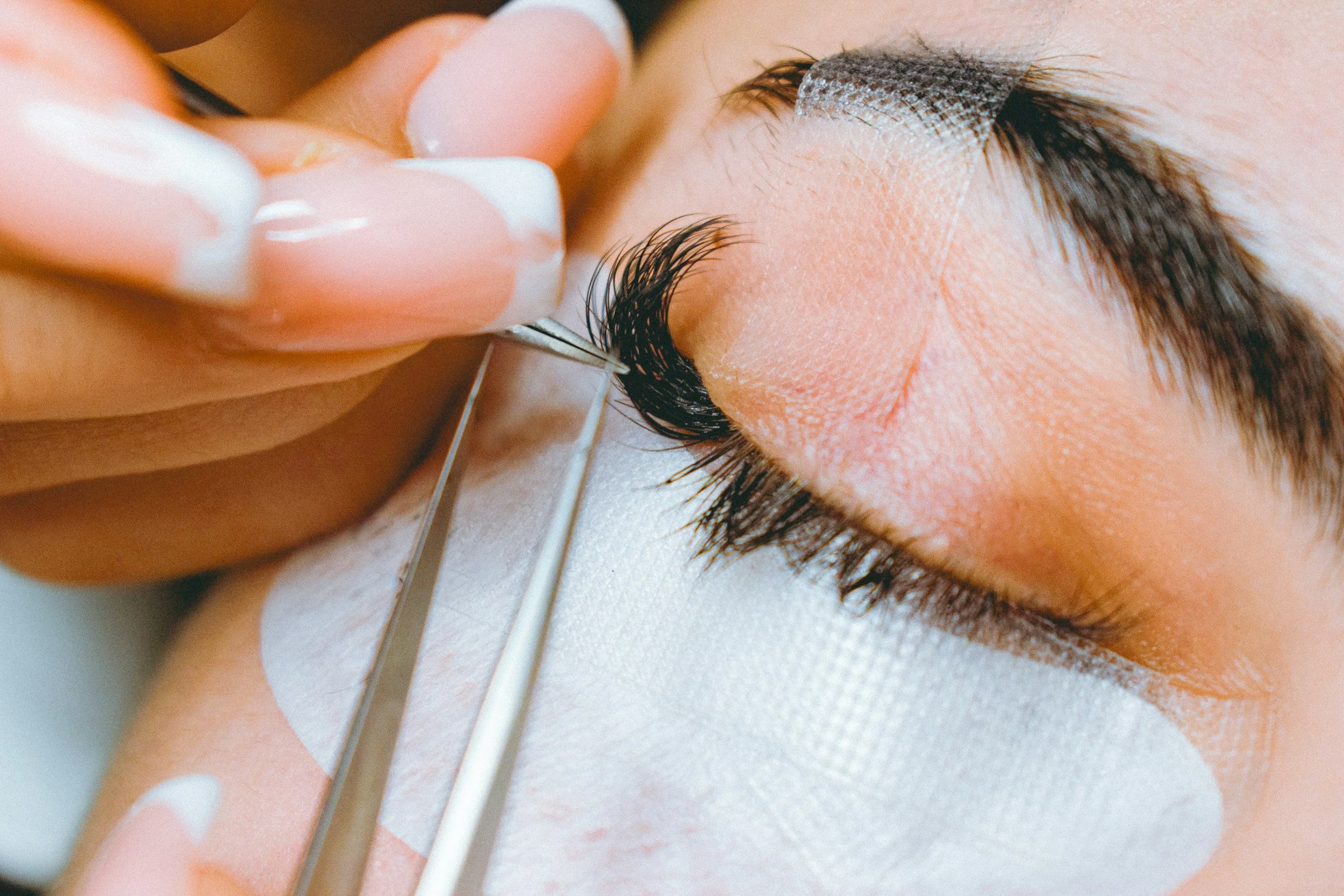Hyperpigmentation: Its Causes And Possible Treatment
By PAGE Editor
Ever spotted darker patches on your skin? Perhaps you noticed the uneven tone in specific areas that you’d like to address.
If you’re wondering what is causing this and what can be done, you’re in the right place. This article will guide you in understanding hyperpigmentation.
Once you have finished reading this, you will be able to unravel the intricacies of this phenomenon, learning all about the root causes of hyperpigmentation and the crucial involvement of referring doctors in managing it.
What Is Hyperpigmentation?
Hyperpigmentation is a medical term that describes the darker areas of the skin caused by an excess of melanin, the pigment responsible for skin color. These darker patches can vary in size and shape and might appear on different parts of the body.
Different types of hyperpigmentation exist, each with its unique characteristics. Melasma, for instance, often appears as symmetrical, brownish patches on the face and is closely linked to hormonal shifts. Sunspots – sometimes called liver spots or solar lentigines – are typically the result of prolonged sun exposure and tend to emerge in areas exposed to sunlight.
5 Medical Triggers of Hyperpigmentation
Beyond the effects of the sun and the passage of time, hyperpigmentation can stem from various factors. These can range from hormonal changes and skin trauma to genetic predispositions and medical conditions.
Keep reading to get more insights into the five medical triggers of hyperpigmentation.
1. Hormonal fluctuations
Hormones have a major impact on skin health.
Whether due to pregnancy, hormonal treatments, or certain medical conditions, changes in hormone levels can lead to the development of hyperpigmentation. This is particularly evident in conditions like melasma, where hormonal fluctuations contribute to the appearance of distinct brown patches on the skin.
2. Skin trauma
Acne, cuts, burns, cosmetic procedures, and other forms of skin trauma can trigger excess melanin production in response to inflammation. This leads to the formation of dark spots, known as post-inflammatory hyperpigmentation (more on this later). Even after the initial irritation subsides, these spots can persist.
3. Skin conditions
Some skin conditions, like eczema, psoriasis, and lichen planus, can lead to hyperpigmentation as a secondary effect. The inflammatory nature of these conditions can disrupt the normal melanin production process, resulting in uneven skin tone.
4. Medications and their effect on skin sensitivity
Some medications, including antimalarial drugs, antibiotics, and tricyclic antidepressants, can heighten the skin’s sensitivity to sunlight. This can make the skin more prone to hyperpigmentation when exposed to UV rays.
Skincare products, particularly those that heighten photosensitivity, can also trigger hyperpigmentation. This is exactly why you need to pay attention to the ingredients in your skincare products.
Find professional skin care suppliers you can trust. You should also follow your dermatologist’s instructions when using products containing these ingredients that heighten UV sensitivity:
Retinol, retinoic acid, retinoids
Alpha Hydroxy Acids (AHAs), such as glycolic acid, lactic acid, and citric acid
Benzoyl peroxide
Fragrances
Vitamin C (20 per cent or higher amounts of L-ascorbic acid)
5. Genetic predisposition
Genetic factors can also contribute to an individual’s susceptibility to hyperpigmentation. Some individuals may have a genetic predisposition that makes their skin more reactive to specific triggers, leading to the development of dark patches or spots.
Diagnosis and Treatment for Hyperpigmentation
The impact of hyperpigmentation is not just skin-deep. It can significantly affect self-esteem and may lead to feelings of self-consciousness or reduced confidence.
Dark spots and uneven skin tone might prompt questions about restoring a smoother, more even complexion. This is where seeking professional advice comes into play.
Dermatologists and cosmetologists possess the expertise to diagnose the underlying causes of hyperpigmentation and recommend tailored solutions. Their guidance not only addresses the physical aspects of the condition but also provides a pathway to renewed self-assurance.
Diagnosis
Diagnosing hyperpigmentation begins with a comprehensive evaluation of your skin. Referring doctors from hospitals and cosmetic clinics in Dubai employ a meticulous approach that may include:
A thorough visual examination of the affected area
An analysis of the patient’s medical history
Diagnostic tests to rule out possible underlying medical conditions
Treatment
Once the diagnosis is established, a personalised treatment plan is crafted based on your unique needs. Keep in mind that treatment plans are as varied as the triggers themselves. Depending on your specific case, your doctor may recommend:
The use of topical creams and serums with active ingredients that target hyperpigmentation at the cellular level
Chemical peels to exfoliate and improve skin tone and the appearance of dark spots
Laser therapy for targeted and precise treatment of hyperpigmented areas
Microdermabrasion gently removes outer skin layers and reveals the new skin underneath the dark spots
Prescription medications to address specific triggers, such as hormonal imbalance
Understanding Hyperpigmentation
From hormones and skin trauma to medical conditions and genetics, there are several triggers to hyperpigmentation. Understanding each helps you make informed choices when it comes to your skin health. Trust the expertise of your cosmetologists and dermatologists, and embrace a holistic approach to nurturing your skin by maintaining a healthy lifestyle.
Author Bio
Erika Miranda is an SEO content writer at SEO Sherpa with 12 years of professional writing experience. Her experience includes writing informative and fact-based articles for clients in the health and wellness industry.
HOW DO YOU FEEL ABOUT FASHION?
COMMENT OR TAKE OUR PAGE READER SURVEY
Featured











At LVMH Watch Week in Milan, Hublot sets the tone for 2026 by unveiling a bold lineup that fuses technical mastery, innovative materials, and high-profile collaborations—from the Novak Djokovic GOAT Tourbillon and 20th-anniversary Big Bang Original Unico to Samuel Ross designs, new chromatic explorations, and football-inspired limited editions.